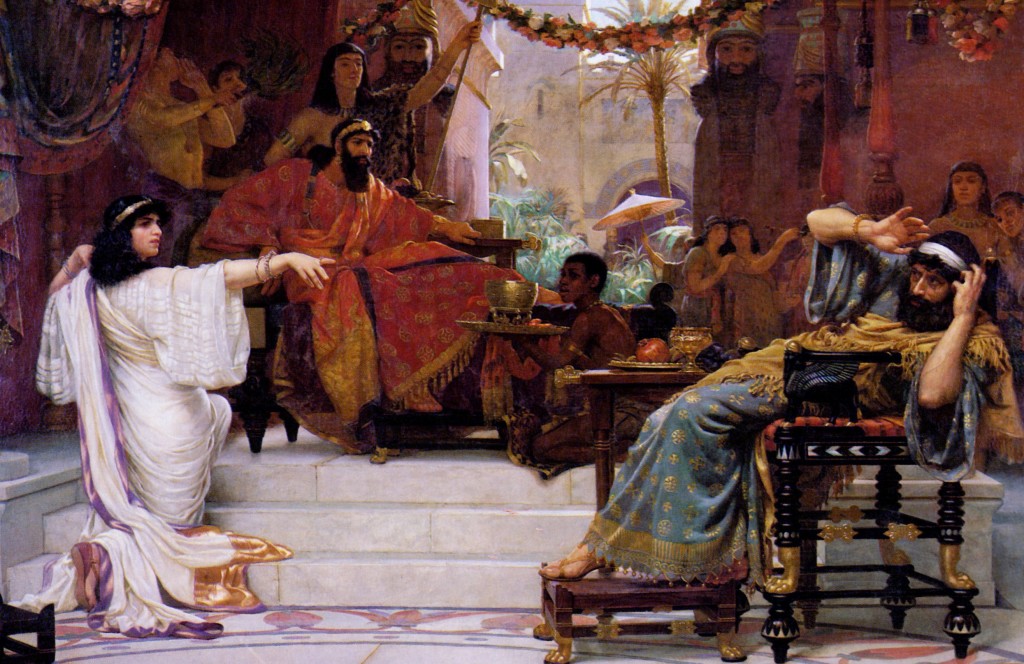Recently my wife and I finally waved goodbye to our 2000 Pontiac Grand Am.
As it drove off securely fastened to the back of a tow truck, the Lord reminded me of what an immense blessing the car had been.
Which is an interesting thought for such a crummy car.
I purchased the car about four and a half years ago from a past college roommate’s wife’s parents. Kind of an interesting connection, but I needed a car and they were selling. Almost immediately, the car started needing constant repairs. You plugged one leak, and a new one formed. Cheap parts kept breaking. I won’t go into all the details, but it was a constant drain on my already very limited resources. One of my clients, a mechanic, laughingly informed me of how legendarily bad my car’s particular engine was among mechanics.
His advice was to sell it as fast as Craigslist would take it.
Despite that, we hung onto it. Between trying to build a business and being a relatively new married couple, we never seemed to quite find time to really get rid of it.
One day, I found myself checking the oil and coolant levels (as had become by twice weekly habit), and, in all the exasperation of caring for this dying hunk-of-junk car, gospel reality hit me like a much-needed ton of joyful bricks.
Jesus doesn’t break down. He doesn’t need parts changed. Oil doesn’t leak. Coolant doesn’t overheat. Fuel doesn’t run low. There are no cheap, plastic parts.
Instead, Jesus is eternal (Hebrews 13:8), mighty (Isaiah 9:6), and reliable (Psalm 18:2). He does not ever wear out (Isaiah 40:28) or cease working right when you need Him (John 5:17). Jesus will never fail or forsake me. He will not grow tired or weary. He won’t leave. And, faced with a car that was on its last legs and hardly having the funds to replace it, this was a deeply joyful reminder. I kid you not, I laughed like a giddy child with the reminder that Jesus Christ is nothing like my junker of a car.
But here’s something else we shouldn’t miss.
Did you notice what that reminder came through? What had a hand in helping me see such a joyful, delightful revelation?
That very same car.
The car that had caused so much frustration and so much heartache and so much worry was now the very conduit through which joy and God’s praise had come. And it hadn’t come through a brand new car or any kind of financial solution — it had come through my car being a frustrating pain.
May we all, with God’s help, remember this the next time we’re tempted to turn to anger or self-pity because of many of life’s inconveniences, frustrations, and expenses. It doesn’t matter one bit if we don’t have the time, the patience, or the money to deal with it. Trust in God, for He is working both your good and His glory!
Views – 150

 Follow
Follow
